This post is in partnership with ChildCare Education Institute.
One of the hallmarks of being a professional is staying current with new research, policies, and shifts in your profession. This can be an arduous task for those of us in education, especially early childhood education. That’s because there is always new research to read because it constantly changes.
It is up to us to stay on top of early childhood development trends and topics. To make it easier for you, I’m sharing the four trends child care professionals should know about right now and how to stay on top of learning others.
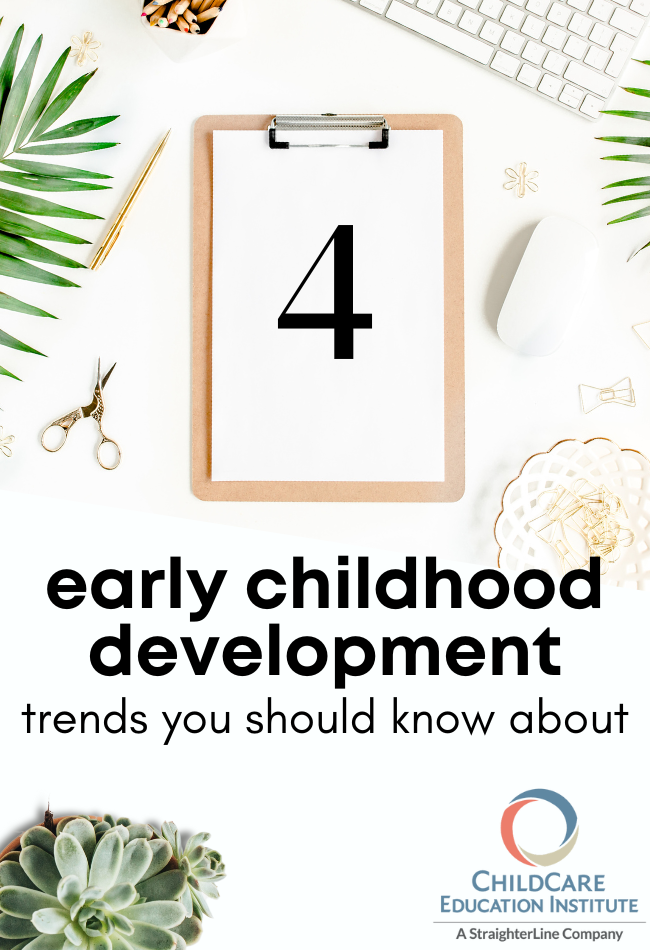
Trending Topics In Early Childhood Education
- Science of Reading
- Brain Development
- Professionalism in ECE
- Mindfulness

1. Science of Reading For Preschool
Everything in elementary school trickles down to early childhood education, whether we like it or not. And for the record, I do not.
The term “Science of Reading” emerged when the media reported that much of the reading instruction curricula in the United States did not focus enough on phonics skills and were not informed by research. This is great, right? The problem is that the term “Science of Reading” is vague. It refers to scientific research about reading, which is not all congruent with each other. That term is mentioned by many people who have good intentions for using it and also by many who do not. That’s why this is one of the trends in early childhood development you should learn more about, specifically what it means for us!
Most early childhood educators know we need to focus on the pillars of emergent literacy: oral language, concepts of print, alphabetic knowledge, and phonological awareness. This trend means more than ever it’s important to understand how children learn those skills in their early years so they have that foundation for the future.
For me, the area I wanted to work on was oral language and specifically read alouds. I took CCEI’s LIT103: Making The Most of Read Alouds online course, and it was the refresher I needed. Remember, no matter how long you’ve been teaching, it’s important to continue to learn and refresh your practice.
The best way to do that is to access high-quality professional development courses — and CCEI’s new partnership with StraighterLine allows you to dive deeper and take college courses like ECE105: Language & Literacy (new and available on Friday!). This course will introduce language and literacy practices for early childhood education, such as emergent literacy.
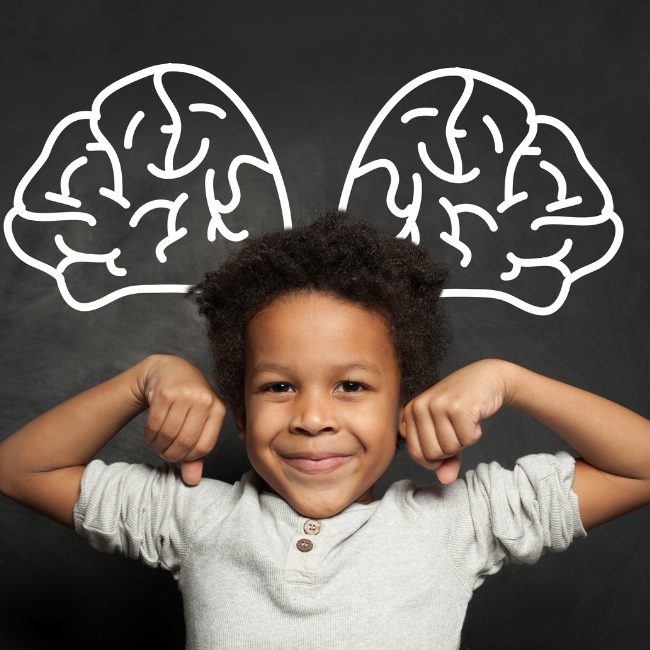
2. A Greater Focus on Brain Development
With all the discussion about the push for reading instruction to include more research, there has been an added focus on brain development. It’s specifically been centered around how we can better teach in accordance with it, and ways that help instead of hindering brain development. I welcome this trend because if more early educators understand brain development, we can be better equipped to teach and support our students.
I thoroughly enjoyed the CCEI course CCEI810: Brain Development and Learning: What Every Early Care and Education Professional Should Know. It was fascinating to learn more about the brain, how it develops, ways that development can be impeded and my role as an early educator in supporting proper brain development. Now I feel much more prepared!
I can’t mention that course without highlighting another one of CCEI and StraighterLine’s new college courses, ECE102: Early Childhood Development. This course provides an overview of important theories, perspectives, and strategies that teachers must master so they can be most effective in the classroom. It also introduces these educators to the field of Educational Psychology and the scientific study of behavior and mental processes.

3. Professionalism
Have you noticed that I have referred to myself and you as professionals? This isn’t just something I am doing more of. It’s a whole push from multiple sources, including The National Association for The Education of Young Children (NAEYC). Professionalism is one of the most significant early childhood development trends you need to know about because, frankly, it is WAY overdue.
This trend is all about creating a foundation for our profession to agree on basic understandings about child development, early childhood education, teacher and administrator roles, responsibilities, and ethical standards. Reading position statements can be mind-numbing, but understanding the key takeaways is essential. That’s why along with this trend, I am thrilled to have access to easy-to-digest professionalism trainings in early childhood education.
Whether you are an administrator, a teacher, or a home child care provider who wears both hats, you can access the information you need without having to read any standards that aren’t pertinent to your role by taking one of CCEI’s courses about professionalism in ECE.
I took PROF102: Elements of Professionalism in ECE, and it was exactly what I was looking for. It went over the basics of what a professional early childhood educator should be, and it really inspired me to be the best teacher I can be.

4. Mindfulness For Preschoolers
Some trends in education come from new research, some from practitioners, but I feel like this one came from pop culture (and I am so glad it has). Mindfulness feels like a woo-woo buzzword, but it’s not. As I learned in the CCEI course SOC106: The Value of Mindfulness in Early Childhood Settings, research shows that mindfulness can help improve preschoolers’ self-regulation, reduce stress, and aid children’s cognitive development as well. So, in short, mindfulness is awesome.
We all want the best for our students, and mindfulness is one more tool we can help them learn and develop. But how do we make this last key early childhood development trend work in our classrooms? The first step is to learn more about mindfulness. Take time to really understand the basics so you can help your students develop them.
I think that these four trends in early childhood education are the most important ones in our profession right now. What do you think? What trends are you seeing?
If you want to learn other up-to-date trends in early childhood development, check out CCEI’s 200+ professional development courses — along with their Early Education track with StraighterLine here.
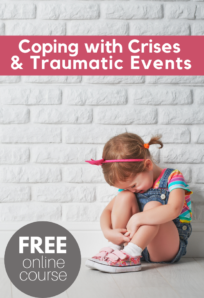
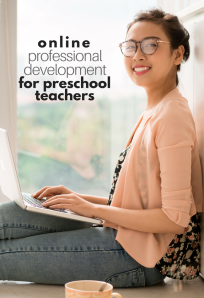
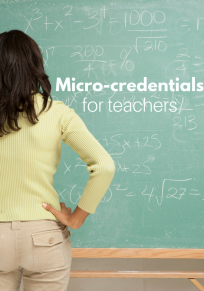
Leave a Comment